|
Hi, friends!
You may have noticed changes happening at Powder Keg Farms of late—and you’d be right. The farm has transitioned back into my care, and I have exciting updates to share about our new direction. First, we are currently welcoming community members to help with farm tasks in exchange for wholesome food. We’ve already had wonderful folks working with us in this friendly, shared effort that has always been the backbone idea of “community supported agriculture.” If this interests you, please inquire directly for more details. Second, we are pleased to announce we are working with Eukarya Christian Academy to teach their students and faculty Farming God’s Way. This simple way of farming equips agricultural communities to combat poverty and food scarcity and is described as a “well-balanced biblical, management and technological solution.” Powder Keg Farms is the first and only model demonstration farm for Farming God’s Way in the country, and we intend to share this method and our experience as it unfolds. As most of you know, we leased the farm for the past 18 months to Tyler, who continued farming our land and running the year-round CSA we began. He recently began his own venture—Pine Hollow Farms in Wardensville, WV—and we sincerely wish him success. Leasing the farm gave us an incredibly beneficial hiatus. I got a much-needed rest and the opportunity to reboot my health, but also clarity and perspective about what matters to me. I can’t tell you how happy I am to be back in my gardens and greenhouses and chicken coops, but also to take our farm in a new direction that directly embraces my values of teaching others about responsible, wholesome farming methods, especially when it can help them take care of themselves, and feeding folks the bounty we grow. “Our roots run deep,” is not just some throwaway tagline. I grew up caring about how food was grown, how it affected the earth, and how it could solve food scarcity. (The pandemic certainly showed us how beneficial those skills can be, as have other events in our history.) I’ve practiced these principles all my life and always will. Hence, these two directions for the farm are right in line with who I am and what matters to me: nourishing each other with wholesome food, grown responsibly, and accessible to all, with a teaching component that fills my heart. As for Brian, he’s embracing his own passion with the creation of LaMaster Arms. And we have goats. That’s a cool new addition too. That covers all the tomatoes . . . that’s all the dirt for now. 😊 This video offers a compelling explanation about the current state of health and its link to modern farming. While none of this may surprise you (although it should be sobering), it is important to understand these connections so you can make informed choices about what you eat.
Powder Keg Farms presented its goods to children via the Kids Farmers Market at two schools in West Virginia’s Berkeley County this week. Also known as the “Kids Coupon” program, the Kids Farmers Market is a project from the WVU Extension Service Family Nutrition Program dedicated to supplying low income schools, child care centers and communities with access to fresh, local fruit and vegetables. The program has been funded through a grant from the Eye Foundation of America.
How it works: Markets are brought to different locations for easy accessibility and each child receives $4 in farmers market vouchers to purchase different produce from local farmers. Children and their families can sample the products, learn more about proper nutrition and get to go home with recipes, reusable shopping bags and small kitchen items. The market encourages children to try different fruits and vegetables and begin a healthy lifestyle from a young age. Why is the Kids Farmers Market Important? West Virginia ranks first in obesity out of all 50 states and has a childhood obesity rate of over 16 percent in ages 2 to 4 and 35 percent in ages 10 to 17, according to the State of Obesity. According to a study by the Behavior Risk Factor Surveillance System, West Virginia ranks fourth in the nation for number of adults who eat less than one fruit or vegetable a day. Results of the Kids Farmers Market Over 5,400 children across the state in 30 counties have been provided with vouchers to shop at a farmers market. The Kids Farmers Markets have occurred at the following locations: 18 child care centers 9 community events 3 farmers markets 1 health center 21 schools 1 summer feeding site We loved meeting all the kids, and seeing them try new foods, identify plants and figure out how to spend their cash. What a worthwhile endeavor! Information courtesy of WVU Extension Service. We are thrilled to announce the addition of Jason Smith, baker extraordinaire and horticultural guru, to the PKF team. He’s lived in the area ten years, and his education and background includes molecular biology, botany and horticulture with a doctorate in the mix. He’s spent decades exploring food and baking. Now he’s bringing all that harmony to PKF as our baker (and CSAers are scoring a taste this week with his gorgeous and delicious cinnamon rolls!). He’s a welcome addition to our team.
P.S. We also scored a helpful industrial 20-quart mixer after we burned out the ones we had and overheated another making these melt-in-your-mouth sweet rolls, all thanks to a real group effort (but that’s how we...roll!). P.S.S. CSA shareholders will see these cinnamon rolls more often on our available list. Woo-hoo! #PKF #PKFCSA #eatyourcinnamonbuns #andyourveggies Bhikkhu Jayasara (Bhante J) wrote about his time with Powder Keg Farms, Vassa, and our efforts to create new robes as part of monastic tradition. It’s a wonderful article with pictures that is worth the read. We are also delighted Bhante J will be back with us in March for 6 to 8 weeks!
Read the blog HERE. Powder Keg Farms is pleased to participate in Mountaineer Community Health Center’s FARMacy Program. From July to October, we will be delivering 30 baskets of produce for the program to distribute.
We’ll also have a farm stand in their pavilion on Saturdays from 11 a.m. to 1 p.m. with our goods available for sale to the general public. The address is 783 Winchester Street in Paw Paw. Come by and see us! |
AboutJust some wholesome food-lovin’ farmers sharing about life on the farm. Archives
January 2024
Categories |
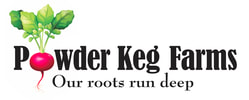

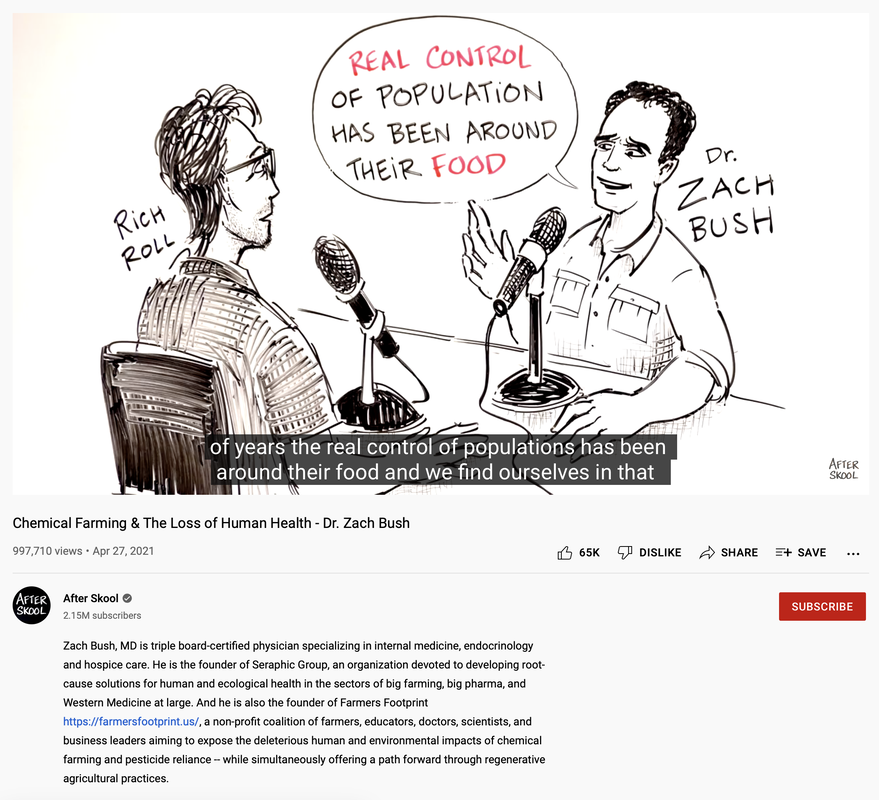
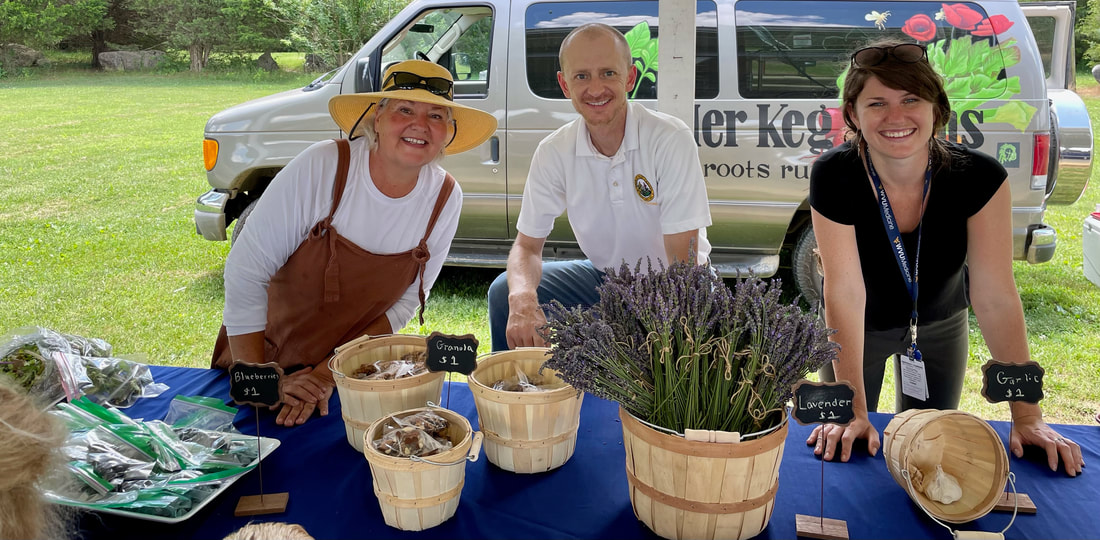
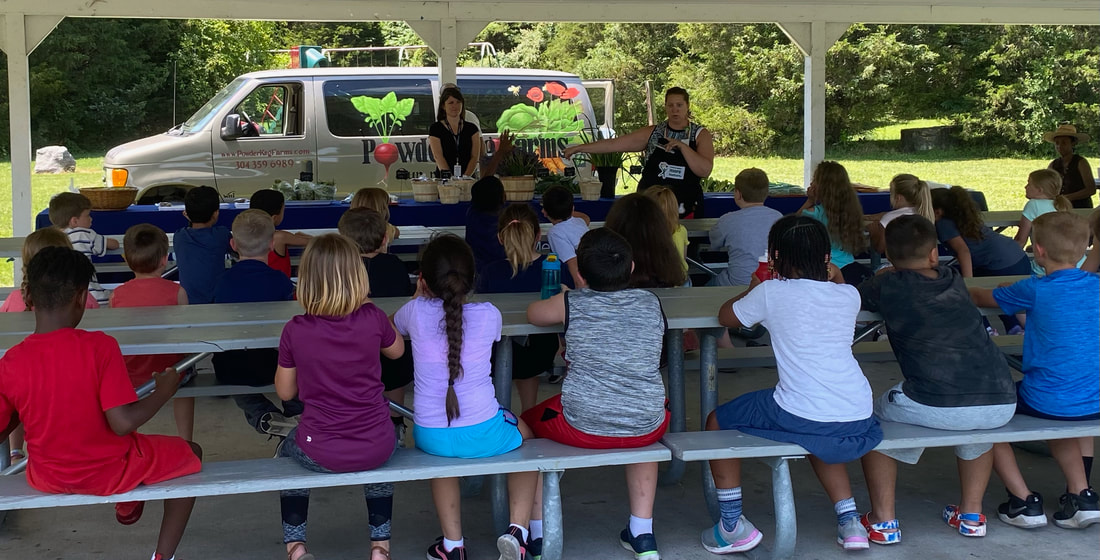
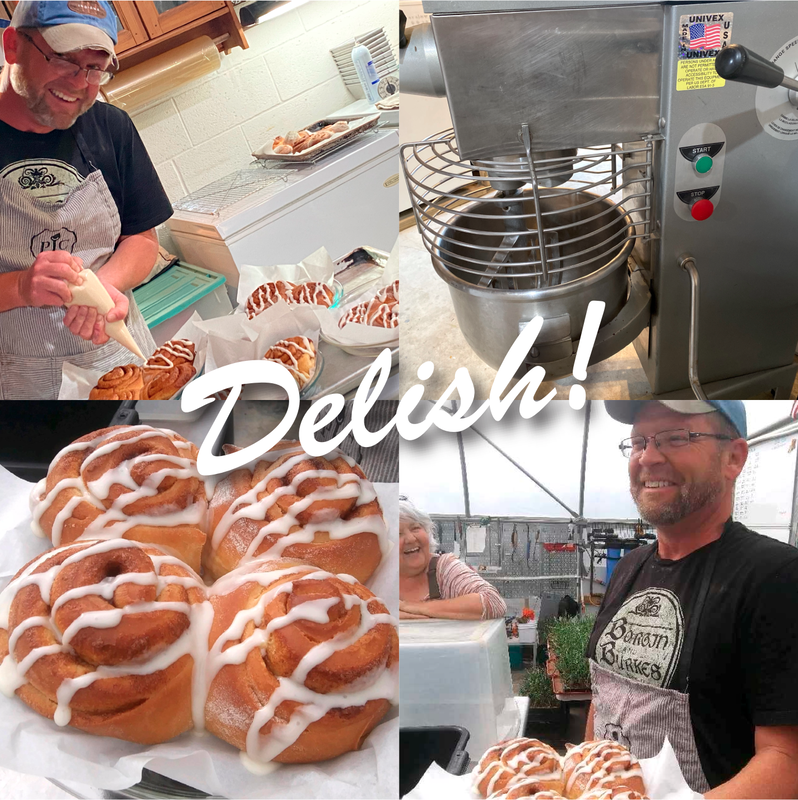
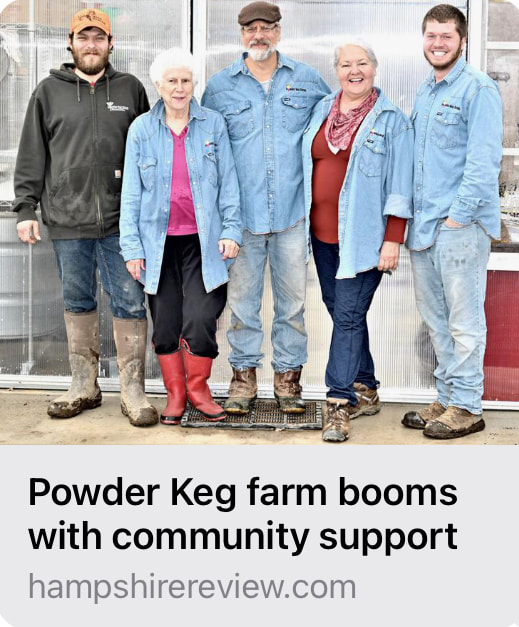
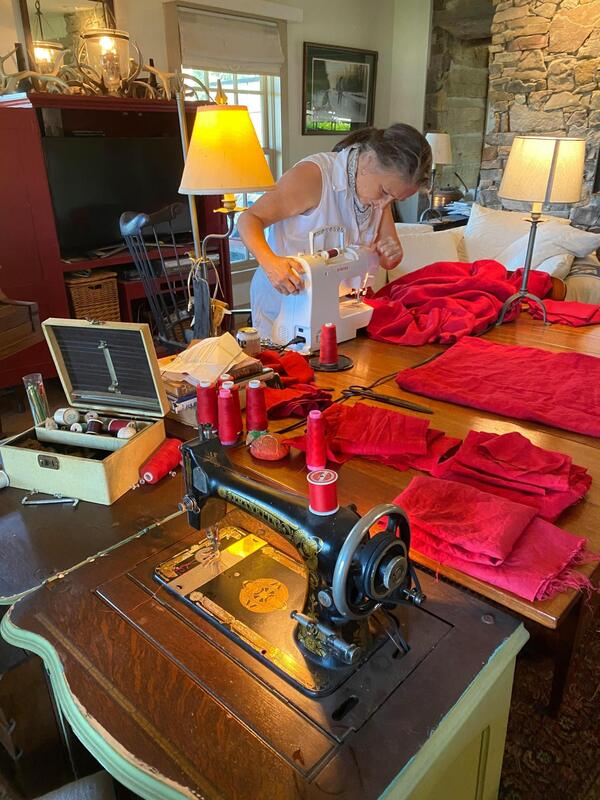


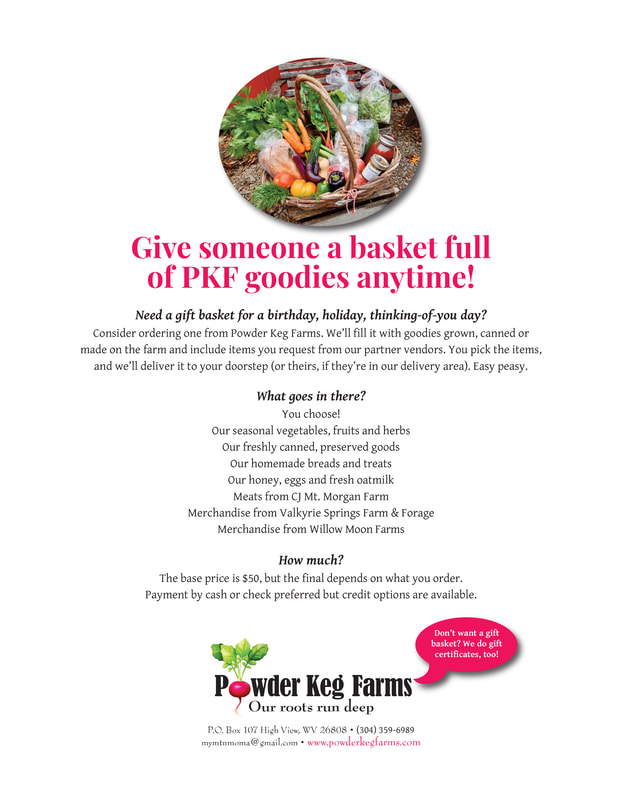
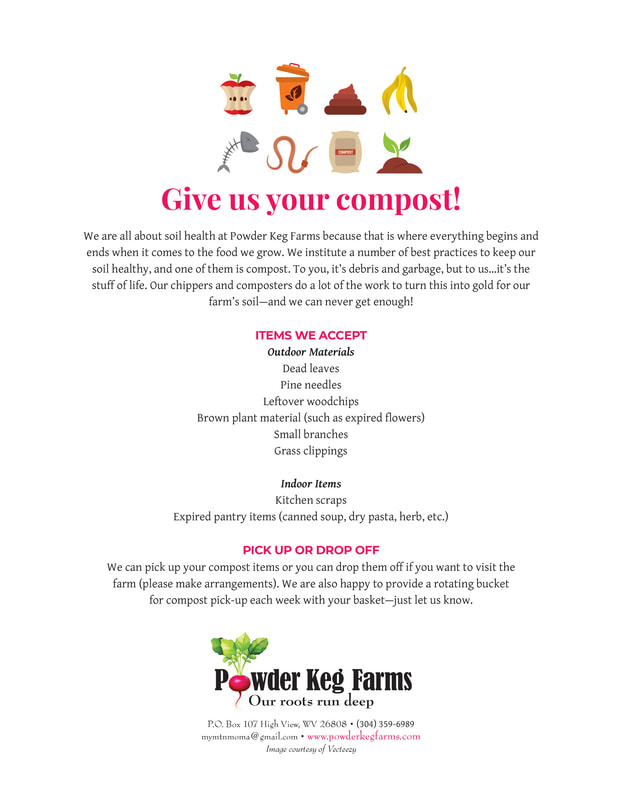
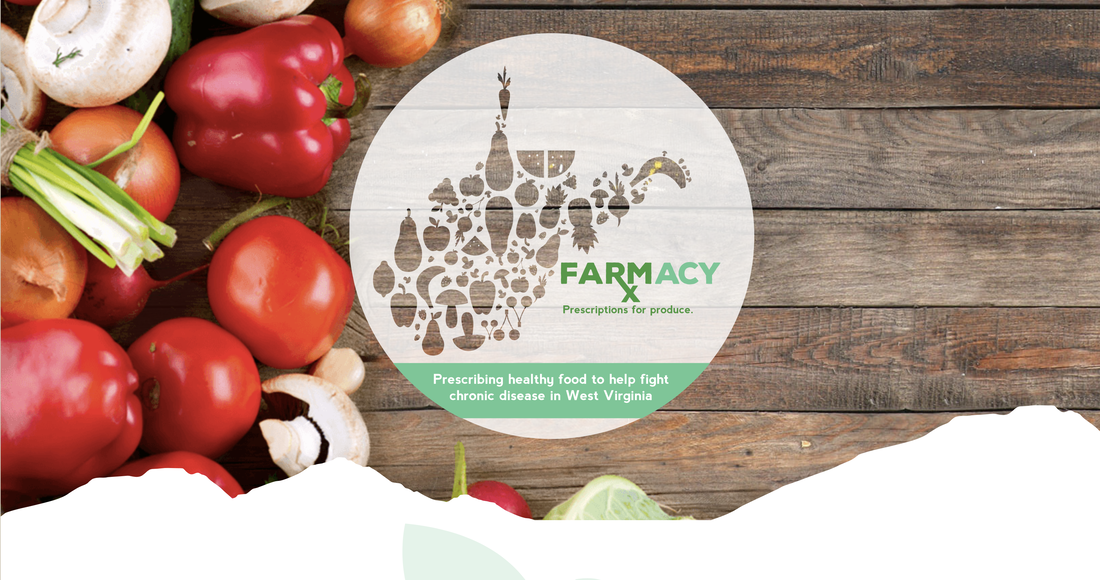
 RSS Feed
RSS Feed
